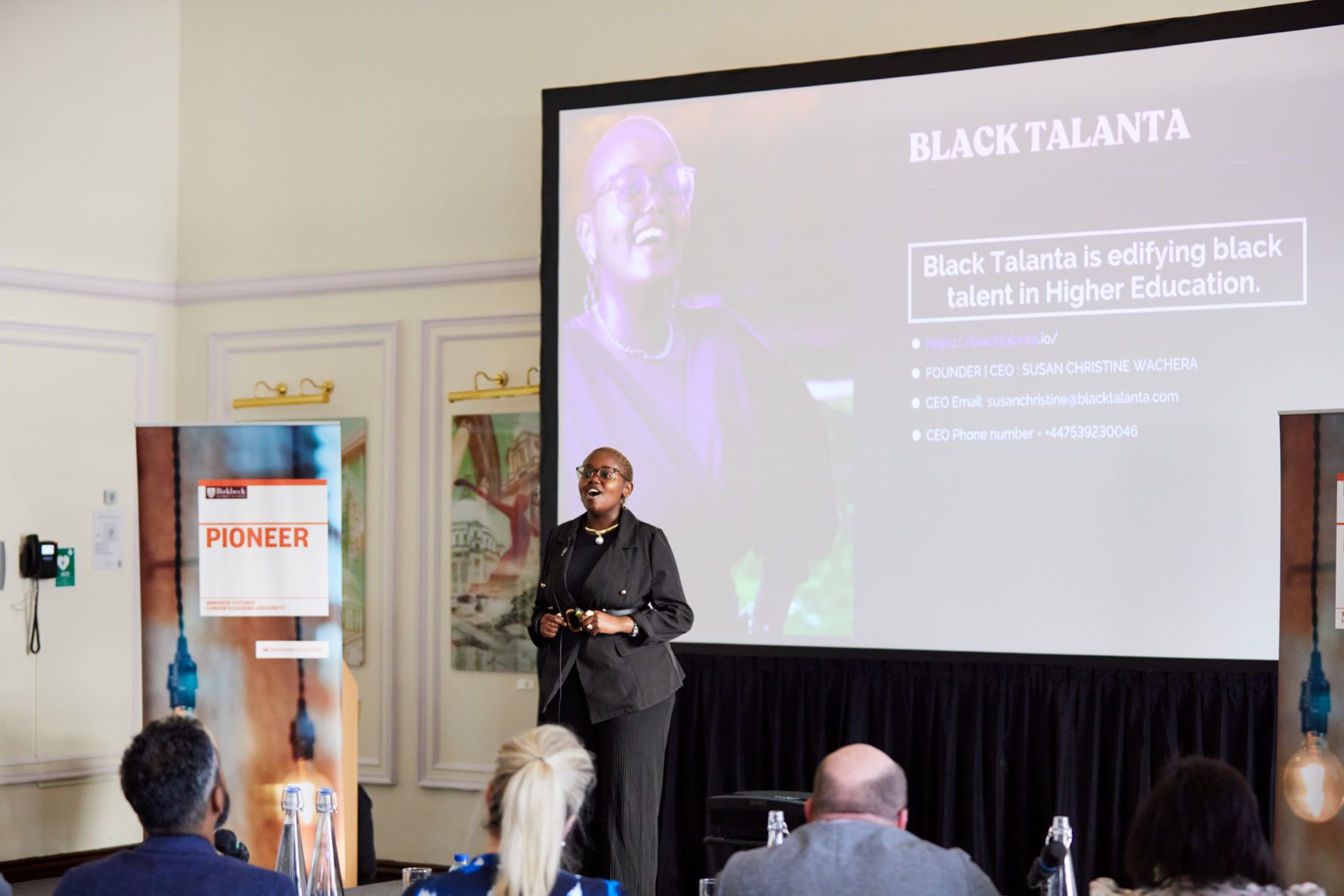Meet the entrepreneurs in the running for the Best Business Pitch and Best Business Idea awards. Winners will be announced at a virtual ceremony in June.

As the government, businesses and individuals adapt to a “new normal” in the wake of COVID-19, the case for innovative thinking in the workplace has never been clearer. With this in mind, we’re delighted to introduce this year’s Pioneer Programme finalists.
Pioneer is an extra-curricular course for Birkbeck students looking to develop the knowledge and skills to excel as an entrepreneur. Over seven Saturday sessions, participants learn from a range of entrepreneurs, industry experts and each other to build the skills needed to develop their business idea or scale up an existing business.
Representing the best entrepreneurial minds in Birkbeck, the finalists are in with a chance of winning either the Best Business Pitch or Best Business Idea award, each worth a £1000 cash prize to support their business, along with a bespoke package of mentoring, coaching and promotion.
Participants’ achievements will be celebrated at a virtual awards ceremony on Thursday 18 June, with a panel of five independent judges, themselves entrepreneurs and industry leaders in start-ups and innovation.
Meet the Finalists
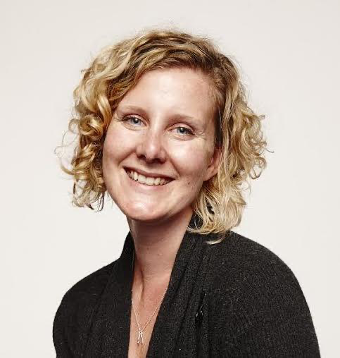
Jody Halstead
MSc Management with Business Strategy and the Environment
Business: Circular Surrey
My business, Circular Surrey, is a platform for local business leaders who want to transition to a low carbon circular economy.
Research shows that more localised solutions are needed in order to make the shift to a low carbon circular economy. Alongside this, business owners and leaders often don’t have the resources to fully apply their time and need some additional support.
The Purpose of Circular Surrey is to provide clear and tangible support for local businesses to enable them to shift to more sustainable business models and practices whilst continuing to power Surrey’s economy.

Alexander Flint Mitchell
MSc Business Innovation (specialising in Entrepreneurship)
Business: Blind Cupid
Blind Cupid is for people who want lasting love and are frustrated by the time and money wasted dating incompatible people. Blind Cupid offers fast, fail-safe matchmaking. Unlike eHarmony and Hinge, our product matches users with people who share the same values and fundamental way of thinking via a never-before-used science. This creates a fast-track to lasting love. Far from the superficiality of Tinder, profile compatibility is scored and bios are seen before a user chooses which of their matches to reveal photos to. This leads to better dating decision-making.
You can take Blind Cupid’s ‘Sense of Life’ Questionnaire today and get a very informative report about who you fundamentally are as a person.
I am currently fundraising for Blind Cupid and the product should be on the market within the next three months.
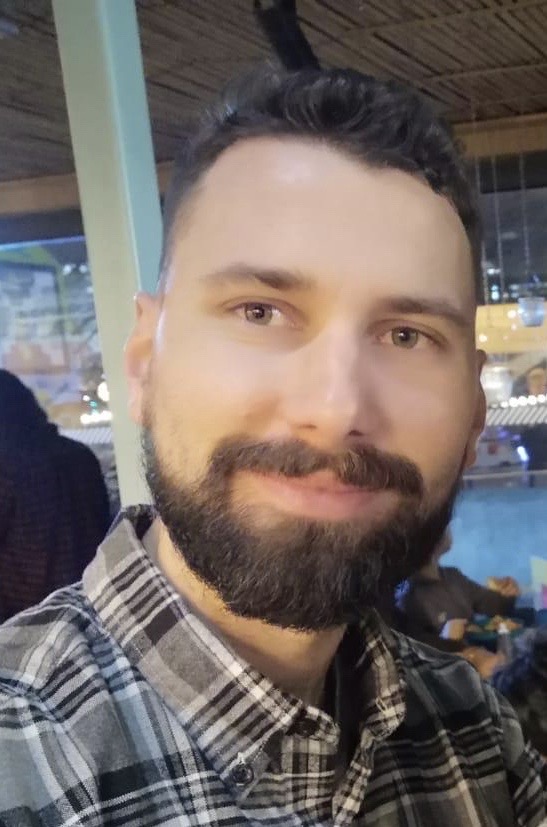
James Shepherd
MSc Cognitive Neuroscience and Neuropsychology
Business: Smart Therapy Tools
Smart Therapy Tools aims to modernise psychological therapy treatment by providing both therapists and service users with an interactive and engaging smart phone app.
Cognitive Behavioural Therapy (CBT), a therapy based on a structured understanding of how mental health issues maintain themselves, is at the forefront of modern mental health treatments and the NHS alone aims to treat over 1.5 million people a year with this approach. To improve the experience of this therapy, I have developed a prototype smartphone app which brings important techniques away from static pen and paper approaches into a more engaging and dynamic domain.
In the future, I aim to put data science at the heart of the app by using statistical modelling to learn from user inputs. As the app is used more often, more information from the heart of the service user/therapist collaboration can be utilised to help understand the complexity of mental health problems and inform new treatments.
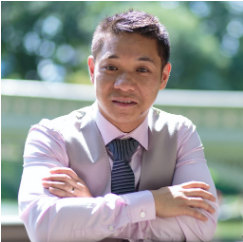
Kevin Tsai
MSc Innovation and Entrepreneurship
Business: Anywhere Bear
Anywhere Bear is a vision born from my passion for travelling. However, I have come to realise how damaging air travel is for the environment – even a short haul flight from London to Edinburgh contributes more CO2 to the atmosphere then an individual’s average annual emissions.
My wife and I recently took a holiday around Italy without flying and we loved the experience of travelling around by train. We then looked at other holidays around Europe but found it difficult to plan without flying. There is no one go-to site that we trust and find easy to use for our needs, hence the decision to pursue the idea of a travel platform specialising in helping holiday makers to plan and book their holiday around Europe without flying. We want to build a fun and engaged community of people who will enjoy sharing their travel stories and be able to challenge and inspire their network to join them as they go flight free.
Due to COVID-19, we’ve had to rethink our strategy, as we foresee travel being impacted by this pandemic. We’re now going to be providing travel inspiration to places around the UK. We plan to partner with eco-hotels and restaurants and build a platform to allow people to still enjoy their holidays with a minimal carbon footprint.
Our plan is still at the ideation stage so watch this space as we reinvent the way people holiday!
 Hetty Bonney-Mercer
Hetty Bonney-Mercer
BA Global Politics and International Relations
Business: FemInStyle Africa
In the near future, representation of women in Ghana’s politics will be higher, women in Africa will be more financially independent, women who have broken the glass ceiling in their respective fields will be the norm instead of the exception, solo female travel will be safer and gender activism will have reached new heights.
Because in 2019, two gender activists decided that there weren’t enough publications in the country that really focused on amplifying women’s voices exclusively and in a positive way and decided to do something about it.
FemInStyle Africa is a magazine for women by women which aims to encourage women to live their full potential. We have five columns dedicated to politics, gender activism, profiling working women, financial advice and travel and style: always written with women as the central focus. FemInStyle Africa aims to mobilise women to bring about lasting changes in the fight for gender equality.
We are currently building our website, recruiting writers, and finalising our marketing plan with a view to launching in Q3 2020. We welcome you to be a part of our journey.
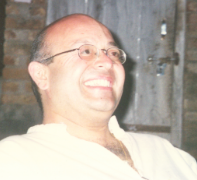
Mukesh Bhatt
PhD Law
Business: inSTEAD – integrating Space Technologies into the lives of the Elderly and Disabled
The inSTEAD project wants to re-purpose, re-innovate and re-invigorate space technologies, which can be used to help the elderly and disabled. Over 700 astronauts in space and returning to Earth are supported by a multi-billion-dollar industry, prototyping and patenting health support and rehabilitation mechanisms. The astronauts suffer from the same health problems as the elderly and disabled on Earth, and yet solutions for the latter are priced beyond their reach. However, anything used by astronauts can also be used by the elderly and disabled because each is human.
Encouraged by the Birkbeck Pioneer programme, the International Space University and the European Space Agency at its Noordwijk business incubation centre, inSTEAD (AbleSpace Paradigms) aims to translate the hardware and psychological technologies and methods used for astronauts into a form suitable for the support and rehabilitation of the elderly and disabled on Earth.
The inSTEAD project includes in its mission both commercial and philanthropic aims and objectives for high social impact and making the best use of opportunities for collaboration with national space, technology and development agencies and initiatives. It requires a team of dedicated and impassioned personnel to help make it a success. If you wish to become involved please contact Mukesh.
Further Information:


